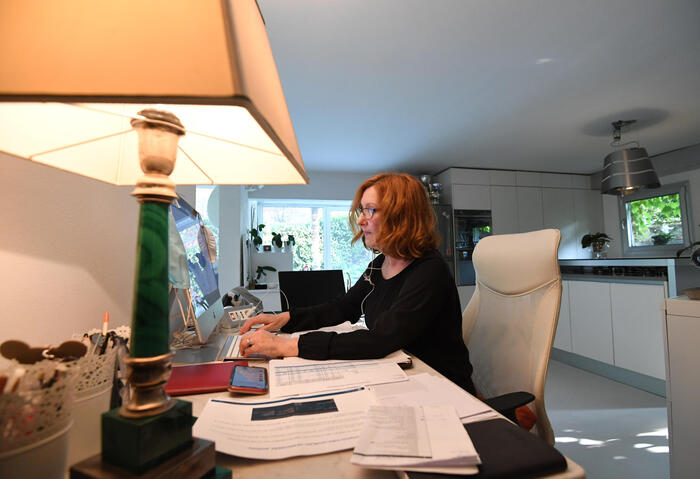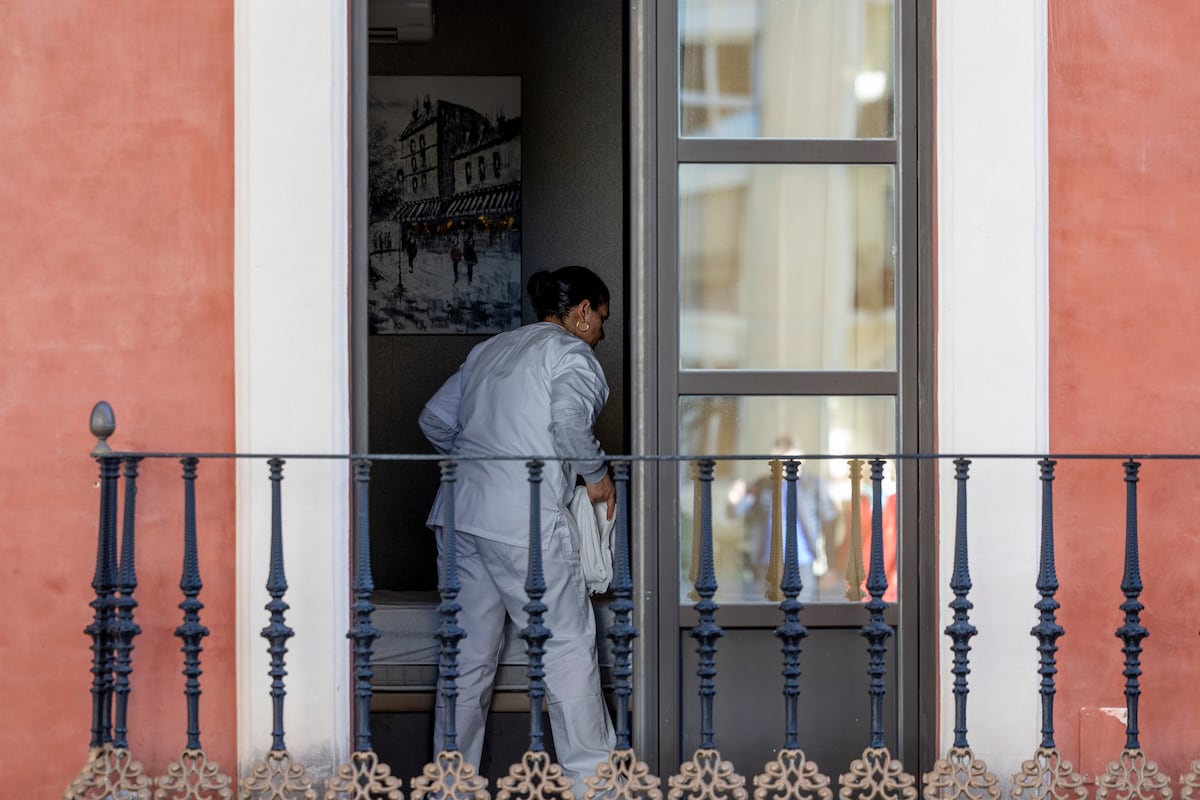Before Covid,
just 0.8%
of the total number of employees
worked by default from home
.
On balance less than 200,000 heads.
This is how it worked in Italy in 2019, as Istat certifies in a Report developed together with the European statistical office,
Eurostat
.
The overwhelming majority,
eight out of ten workers, served in the premises and offices made available by the company or body
.
Then there are those who found offices with customers and suppliers.
But there was also a not negligible share, about 7%, that a fixed place of work did not have.
This was especially the case among foreigners and people with lower educational qualifications.
Now the few who had their own home as "main" location were joined by another quota, albeit residual, of workers for whom the house was plan B or who in any case had found themselves experimenting during the year, we are also talking about 2019, a remote activity.
But all in all it does not exceed 1.3 million.
The pandemic has changed the cards on the table.
The Institute's estimates indicate
an audience of potential smart workers that can reach up to 8.2 million
.
A maximum pool but which does not decrease by much, reaching around 7 million, even if we want to exclude the category of teachers.
Istat observes how the use of agile work during an emergency is not only "decisive for preserving employment levels" but also for "limiting daily mobility, especially in urban areas".
A factor that the Institute invites us not to underestimate: "making workers who carry out a teleworkable activity and take more than an hour to go to work to work remotely
would mean reducing the time spent traveling by about 800 thousand hours and the pollution associated with it for each smart working day ".
Going back to what the organization of work looked like in 2019, the survey highlights how
for more than seven out of ten the start and end times were rigid, especially for women, young people and fixed-term contracts.
A higher percentage than the EU average (61%).
On the 'disconnection' front, 54% of respondents in the survey said they had never been disturbed.
In short,
before the Coronavirus the boundary between work and everything else was there.
The lockdown has revolutionized this geography
and now we probably have to put the pieces back together.














